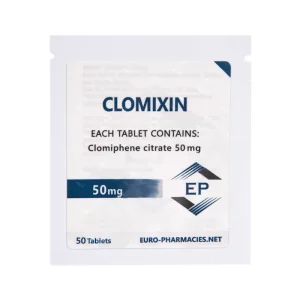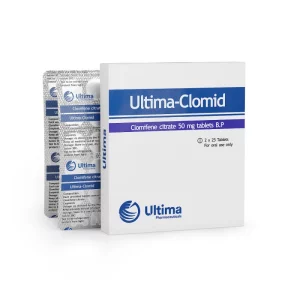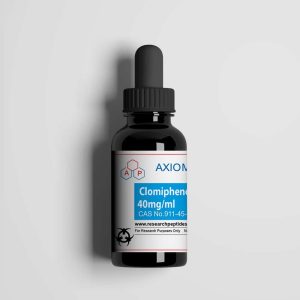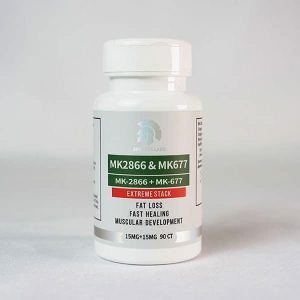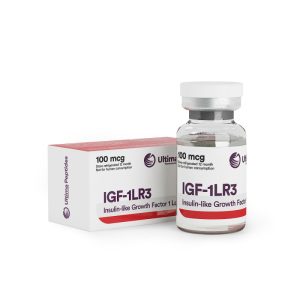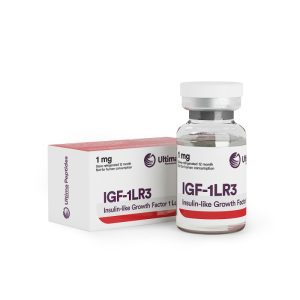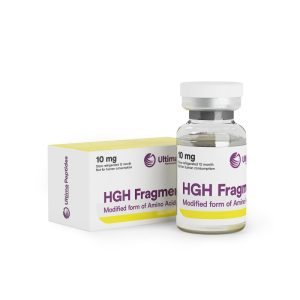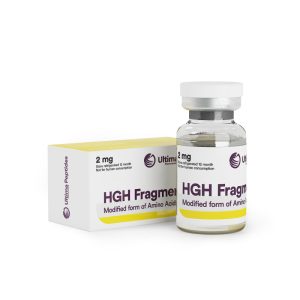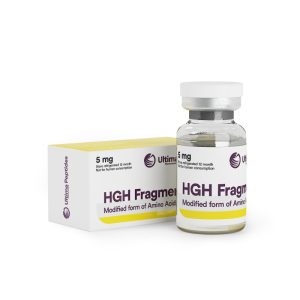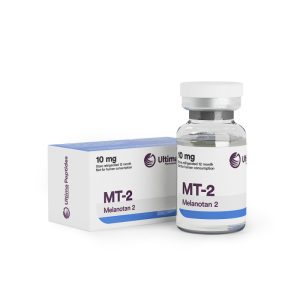Clomiphene - Clomid
Clomiphene Citrate (most common brand name – Clomid) is a Selective Estrogen Receptor Modulator (SERM). Therefore, this is an anti-estrogen.
Clomiphene available forms are as a tablet or as an oral solution.
Showing all 4 results
Showing all 4 results
Clomiphene is helpful in controlling estrogen related issues. In medical issues, it’s used for ovulation induction in women. It’s also a popular choice among men who use suppressing compounds for recovering their natural ability to produce testosterone. Therefore, it’s a popular medication for Post Cycle Therapy (PCT) protocols.
Unlike Aromatase Inhibitors (AIs) that suppresses aromatization, Clomiphene selectively binds directly to estrogen receptors. That’s why Clomiphene is a poor choice for those who have estrogen related issues due to high estrogen levels. It’s best used for Post Cycle Therapy (PCT) protocols. Unlike Tamoxifen (another SERM), it’s also a poor choice for preventing/treating gynecomastia. That’s because it has a poor liability to bind to estrogen receptors in breast tissues.
However, due to the ability of Clomiphene to strongly bind to estrogen receptors at your pituitary gland – the gland starts producing more FSH and LH (Follicle Stimulating Hormone and Luteinizing Hormone). That’s how the natural production of testosterone enhances. This is the reason why Clomiphene Citrate is great as a Post Cycle Therapy (PCT) drug.
That’s the biggest reason why Clomiphene (Clomid) is popular among men using PEDs (Performance Enhancing Drugs). For a Post Cycle Therapy (PCT) plan. Thanks to its ability to selectively bind to estrogen receptors and inactivate those receptors. More specifically, blocks estrogen at the pituitary gland.
But in medical settings, the drug is mainly offered to women for inducing ovulation. Moreover, Clomiphene is sometimes used for treating male hypogonadism as an alternative to Testosterone Replacement Therapy (TRT).
Might be helpful for other health conditions too.

